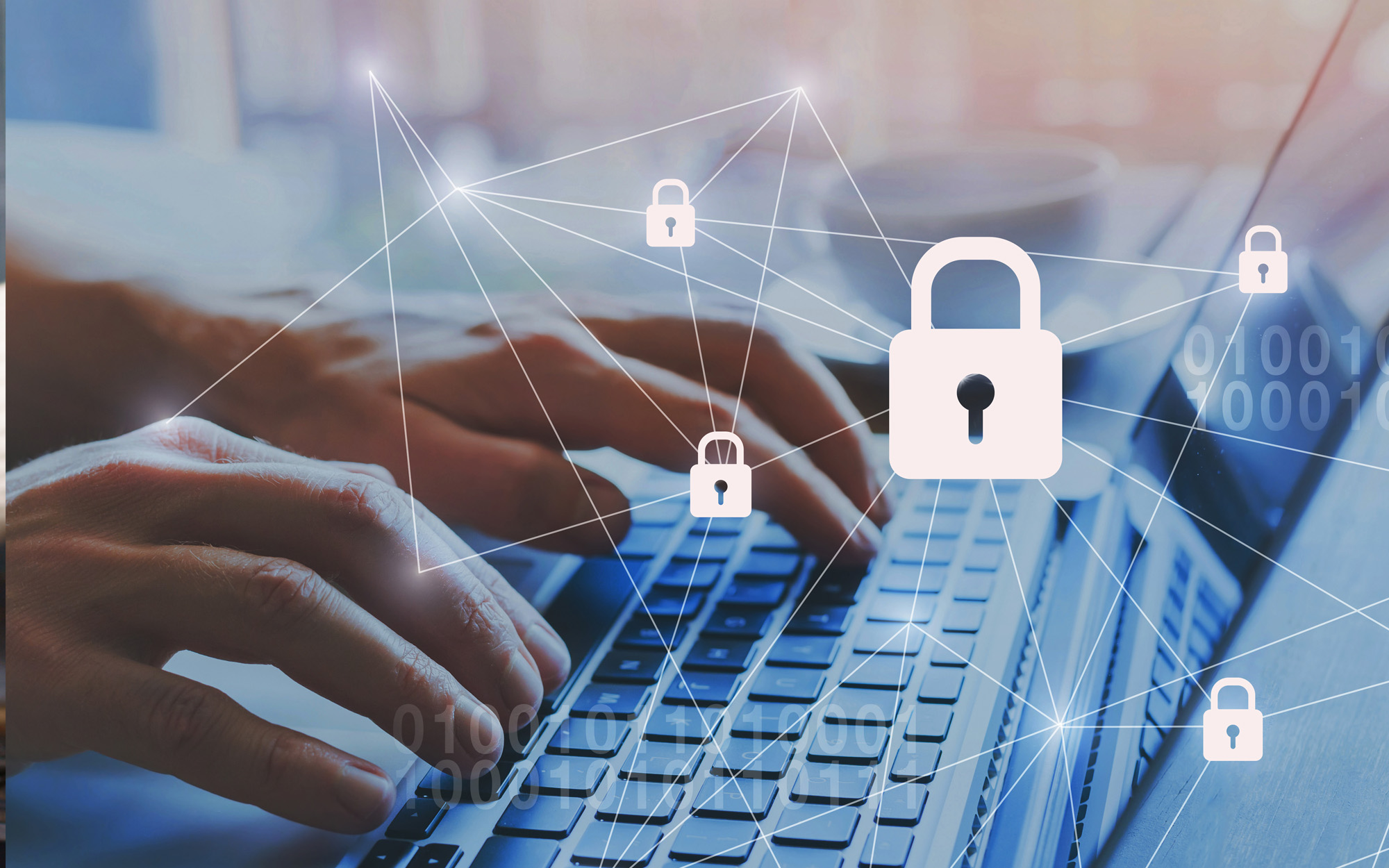In today’s digital landscape, where sensitive data is the lifeblood of businesses and transactions, safeguarding this information has taken center stage. Amidst growing cybersecurity threats and regulatory compliance requirements, organizations are turning to tokenization as their advanced data protection solution. This comprehensive guide aims to dive deep into its fundamental concepts, operational mechanisms, and the extensive benefits it offers to businesses and their customers across industries.
Defining Tokenization
At its core, tokenization is a cutting-edge data protection technique that replaces sensitive information, such as credit card numbers or personal identifiers, with unique, indecipherable tokens. These tokens act as placeholders, essentially rendering the stolen data useless for potential attackers. Tokenization serves as a proactive measure to fortify data security, regardless of whether the breach occurs within an organization or during data transmission.
How Does it Work?
Tokenization operates through a well-orchestrated process that enhances data security at every step. When sensitive data is submitted, such as during a transaction, a token is generated in real-time. This is a surrogate representation of the original data, securely stored within a vault. When required, authorized parties can retrieve the original data by converting the token back to its original form, ensuring the highest level of security.
The Difference Between Tokenization and Encryption
While tokenization and encryption are both potent data protection mechanisms, their core principles differ. Encryption transforms data into a code that can be reversed with a decryption key. Tokenization, on the other hand, eliminates the need for decryption entirely. It replaces sensitive data with unique tokens, ensuring that even if a breach occurs, the stolen information remains meaningless.
Understanding the Role of Tokenization in Data Security
Because tokenization renders stolen data unusable, it minimizes the potential financial and reputational consequences of breaches if the token falls into the hands of malicious actors. This proactive approach to data security bolsters consumer trust and regulatory compliance efforts.
Examples of Where Tokenization Is Used
Tokenization’s versatility is evident across various sectors and scenarios. In finance, it secures credit card data during transactions, enabling seamless and secure payment processes. Healthcare organizations leverage tokenization to safeguard electronic health records, preserving patient confidentiality. E-commerce platforms implement it to protect customer data during online transactions. Across industries, tokenization is as adaptable as it is indispensable.
The Benefits of Tokenization
Now that we better understand tokenization, let’s dive into how it can benefit you.
Enhanced Data Security
At the heart of tokenization lies its unparalleled ability to elevate data security. By substituting sensitive information with tokens, the attack surface is significantly reduced. In the unfortunate event of a breach, the stolen information is rendered incomprehensible to attackers, with no intrinsic value. This safeguarding strategy prevents unauthorized access and fortifies the entire data lifecycle.
Tokenization not only mitigates the risk of data breaches, but also alleviates the financial and reputational repercussions that accompany them. Organizations can rest assured that even in the face of an attack, the compromised data remains indecipherable, ensuring consumer trust and minimizing potential liabilities.
Simplified Compliance
Tokenization serves as a cornerstone for organizations striving to maintain regulatory compliance, especially concerning data protection standards like PCI DSS. By centralizing sensitive data within token vaults, businesses can significantly reduce the scope of assessments. This streamlined approach simplifies audits, lowers compliance costs, and enhances overall data governance. By incorporating tokenization into their data security strategy, businesses can demonstrate their commitment to safeguarding customer information and adhering to industry regulations.
Worried About Compliance? PCI Booking Can Help!
Efficient Data Management
The efficient management of sensitive data is a critical component of modern business operations. Tokenization streamlines this process by centralizing data within secure vaults. This centralized approach enhances data accessibility, retrieval, and secure transmission, ultimately improving business efficiency.
Organizations no longer need to dedicate extensive resources to manage and secure sensitive information dispersed across multiple systems. Tokenization optimizes data management processes by offering a single point of access for authorized users, simplifying handling and minimizing the risk of human errors.
Improved Analytics
Balancing data analysis and consumer privacy has always been a delicate endeavor. Tokenization offers a harmonious solution by enabling businesses to perform data analytics without compromising individual privacy. Tokenized data retains its analytical value while maintaining the confidentiality of sensitive information. This synergy empowers organizations to glean meaningful insights without jeopardizing consumer trust.
By leveraging tokenized data for analytics, businesses can unlock valuable insights to enhance customer experiences, optimize operational processes, and refine marketing strategies. This analytical prowess positions organizations for sustainable growth while upholding their commitment to data privacy.
Streamlined Digital Transformation
As businesses embrace digital transformation and adopt innovative technologies like cloud services, mobile applications, and IoT devices, data security becomes paramount. Tokenization ensures a consistent layer of security across diverse digital platforms. This adaptability empowers businesses to embrace technological progress while safeguarding sensitive information and ensuring seamless integration across digital touchpoints.
Tokenization facilitates digital innovation by providing a secure foundation upon which organizations can build their digital infrastructure. Whether expanding e-commerce capabilities or integrating IoT solutions, the process ensures that sensitive data remains protected throughout the digital transformation journey.
Summarizing the Importance of Tokenization
Tokenization emerges as a cornerstone of modern data security and management strategies. Its capacity to render stolen data useless, coupled with its role in ensuring regulatory compliance, data management efficiency, and enhanced analytics, solidifies its importance across industries. From financial transactions to healthcare records, tokenization transcends sectors, fostering a secure digital environment.
To embark on the journey of data security fortified by tokenization, partner with PCI Booking—a trusted leader in data protection solutions. Our expertise spans the entire spectrum of tokenization, enabling your business to thrive while prioritizing security in an increasingly interconnected world. Connect with us today to elevate your data security endeavors.




